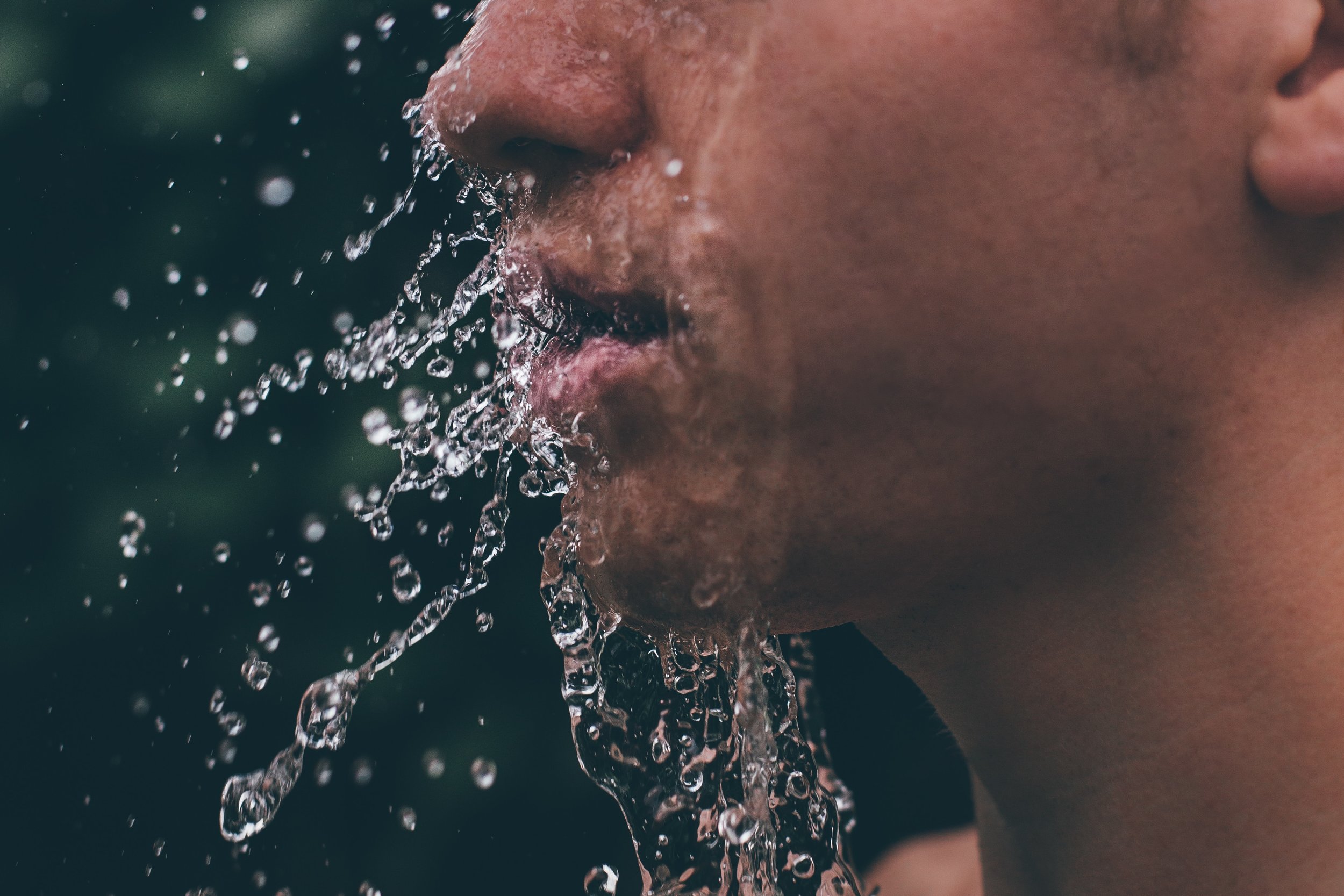Summer Hydration and Salt Intake 101: What You Need to Know to Stay Healthy this Summer
There is a lot of misinformation when it comes to your water and salt intake. For active individuals and athletes, the summer months bring about a whole new regimen for staying hydrated. On today’s quick tips we are chatting about proper summer hydration for outdoor activities.
How Much Water Should I Drink for Outdoor Activities?
Water needs do vary individual to individual. But there is evidence that most Americans are hypohydrated (under-hydrated) by 1-3% of their Total Body Water. Symptoms of chronic dehydration include, decreased endurance, fatigue, decreased muscle power output, declined cognitive function, and more. Symptoms start to show up when a person experiences a 2% hydration deficit and become severe when a person reaches a 4% deficit. Chronic hypohydration places people at higher risk for chronic conditions such as Type 2 Diabetes, Kidney Disease, and Metabolic Syndrome. On average, people lose 1 liter of water per hour during outdoor physical activity. So if it’s hot and your hiking for five hours during the day you’ll need an extra 5 liters of water (and extra salt - more in a bit). If you’re up at elevation and it’s dry, you’ll possible need even more. This amount is on top of the recommended 3.7 liters-per-day for men and 2.7-liters-per-day for women. That’s a lot of H2o!
Tips for Drinking More Water in a Day
Make sure you’re constantly sipping while you hike. A hydration bladder helps you hike and sip as you go. Be sure to bring water filtration for tougher days. Hydrate up before your activity and try to drink a liter with each meal. Have an extra liter before bed too and you should be able to hit your ideal water intake.
It is important to continuously sip water throughout the day and your activity. If you drink too much at once, it will not properly absorb into your cells and you will end up urinating much more than you are absorbing. In other words, you hyperhydrate yourself, which is also not a good thing because it will dilute your salt balance. Recommendations currently include splitting up your water into 8+ servings (8 oz each) and spacing them out 30 minutes apart until consumed.
Balance Your Water Intake with Salt
If you were to drink 7 liters of water in a day, chances are you’ll get very sick. This is because your cells need to balance all of that water with sodium and potassium, or salts in order to function properly. Table salt, or NaCl, consists of fo 40% sodium, meaning 10g of table salt will give you 4g of sodium. So how do you increase your salt intake? Packing salty snacks, such as heavily salted nuts and salty jerky helps. Another way is to use a salt supplement such as Salt Sticks, Liquid IV, or salt pills to increase your sodium. Be sure to track your salt intake and add an additional 2.5 to 5g of salt (if you are out hiking for 5-10 hours) on top of the 2.3g recommended dose of sodium per day. Even with a regular workout, the recommended 2.3g is often not enough and an extra 0.5 to 2 grams of Na will work wonders for recovery. Still not convinced? Pick up an ebook or copy of Dr. DiNicolantonio’s book, The Salt Fix to learn more about this under-appreciated and highly helpful mineral. Fun fact, the IV Fluid Bags doctors use in hospitals contain up to 14 grams of sodium chloride!
Don’t Forget Potassium
Lastly, you’ll want to keep your potassium levels higher during heavy outdoor physical activity. This helps prevent muscle cramps and heart-related symptoms such as palpitations. Fruits and veggies, such as sweet potatoes and bananas are excellent ways to get the added potassium you need while workout out in the heat. Coconut water is one of the best sources of potassium and provides a perfect post-workout drink with between 25-30% of your daily potassium in one service. Pick up a plain coconut water without added ingredients. Just be sure to get your potassium from natural sources, dietary potassium supplements don’t absorb as well, but they are available. You should always talk to your doctor before taking any supplements to make sure that they are safe and correct for your needs.
With balanced water and salt intake, combined with added potassium, you’ll be able to work out in the heat without worrying about too much fatigue.

